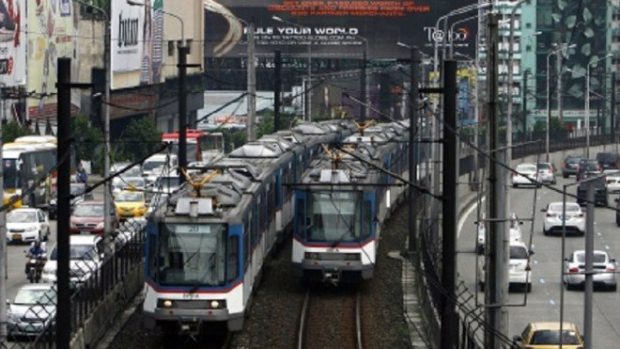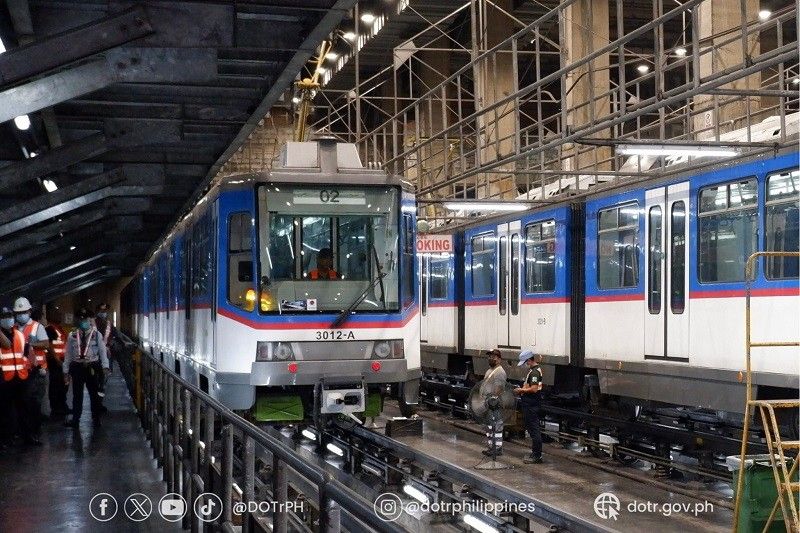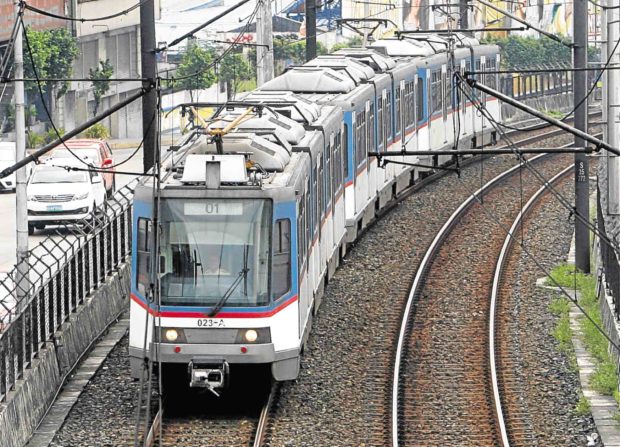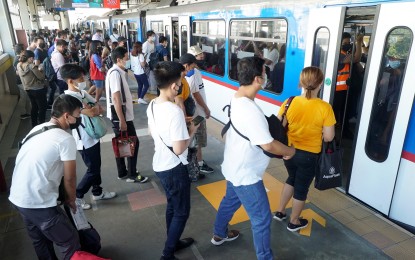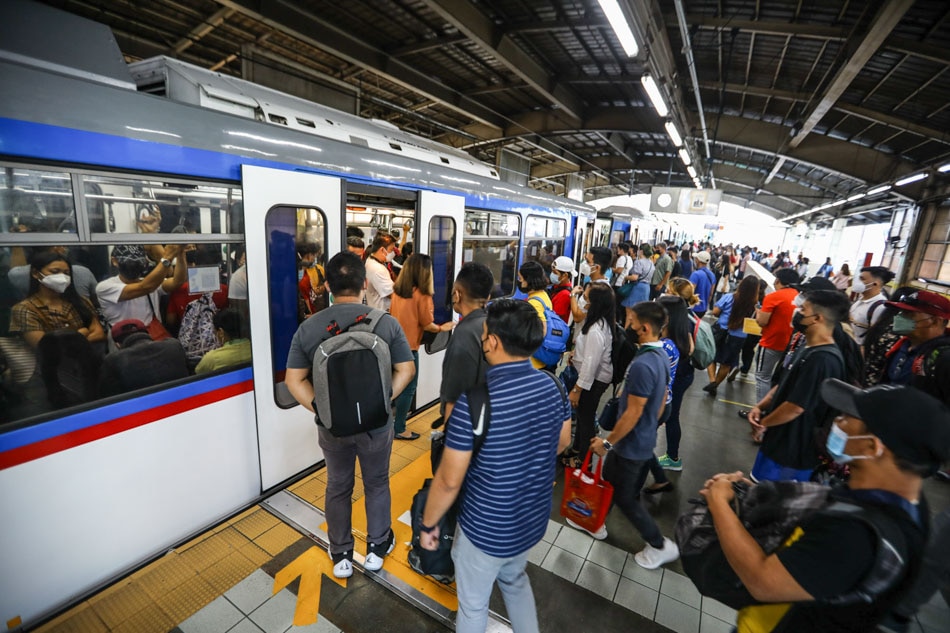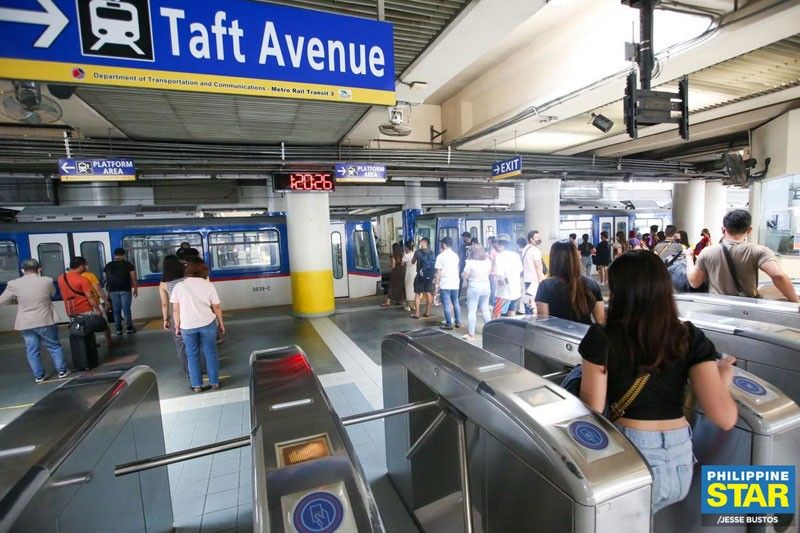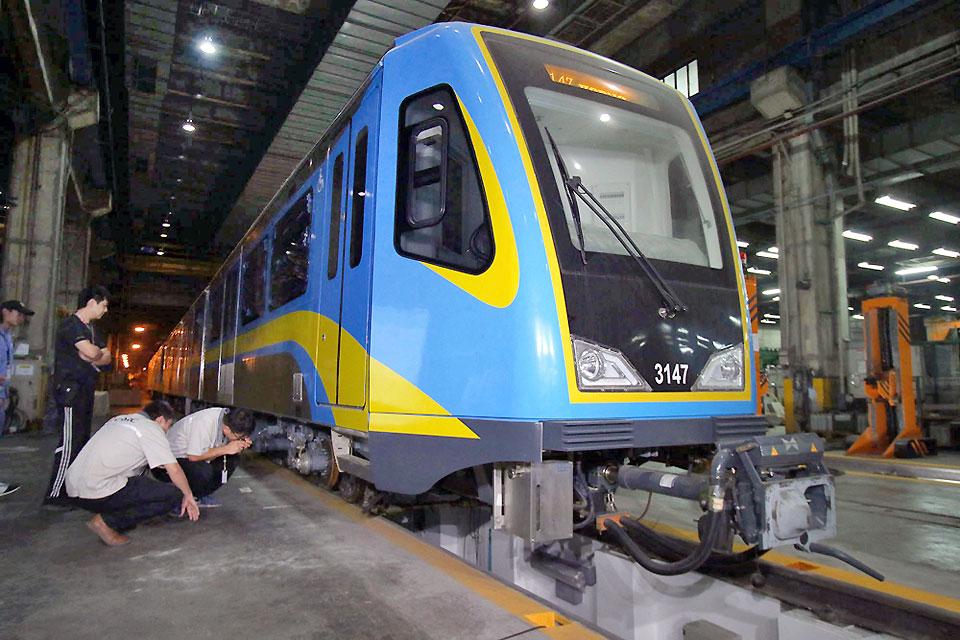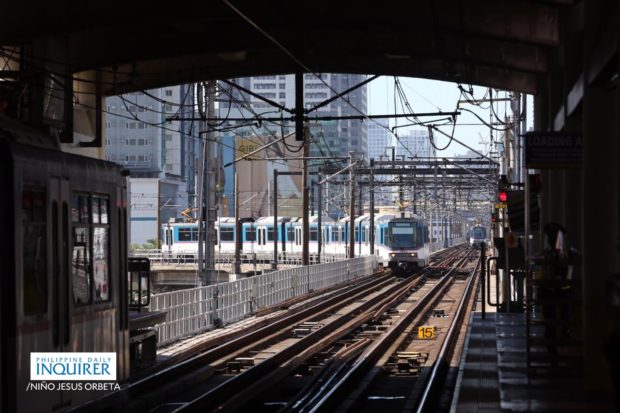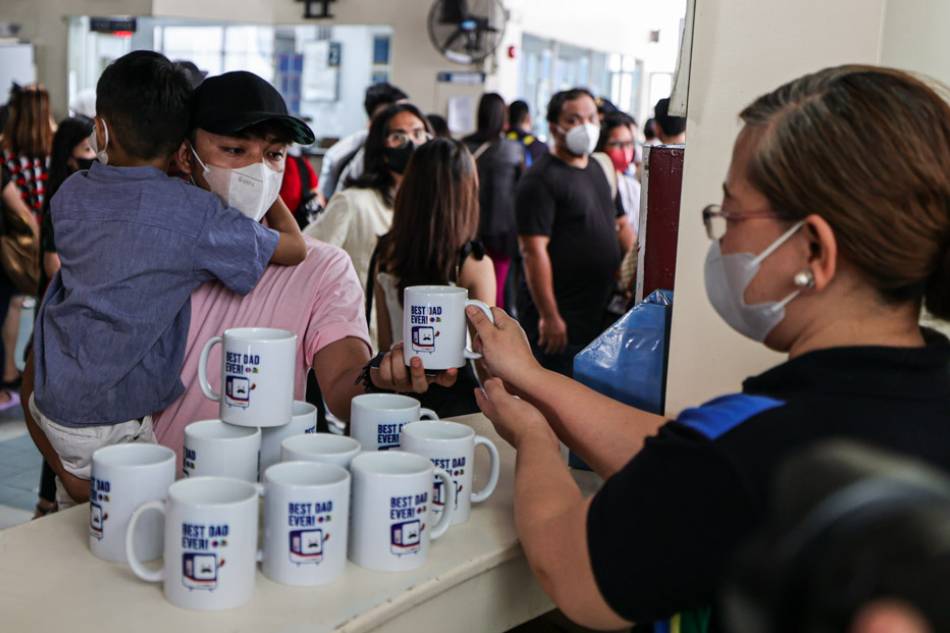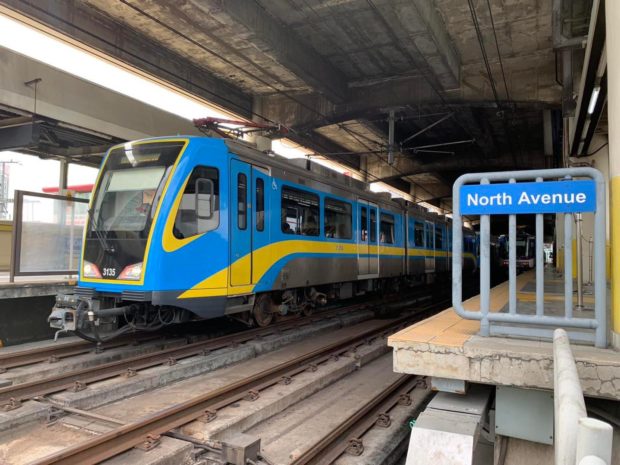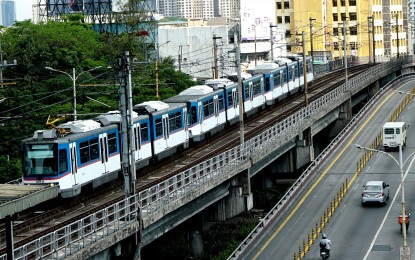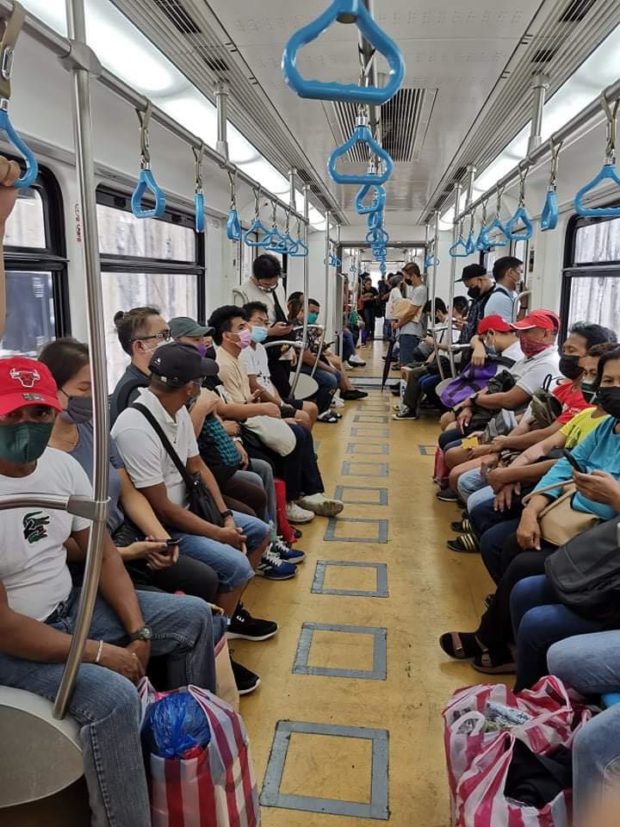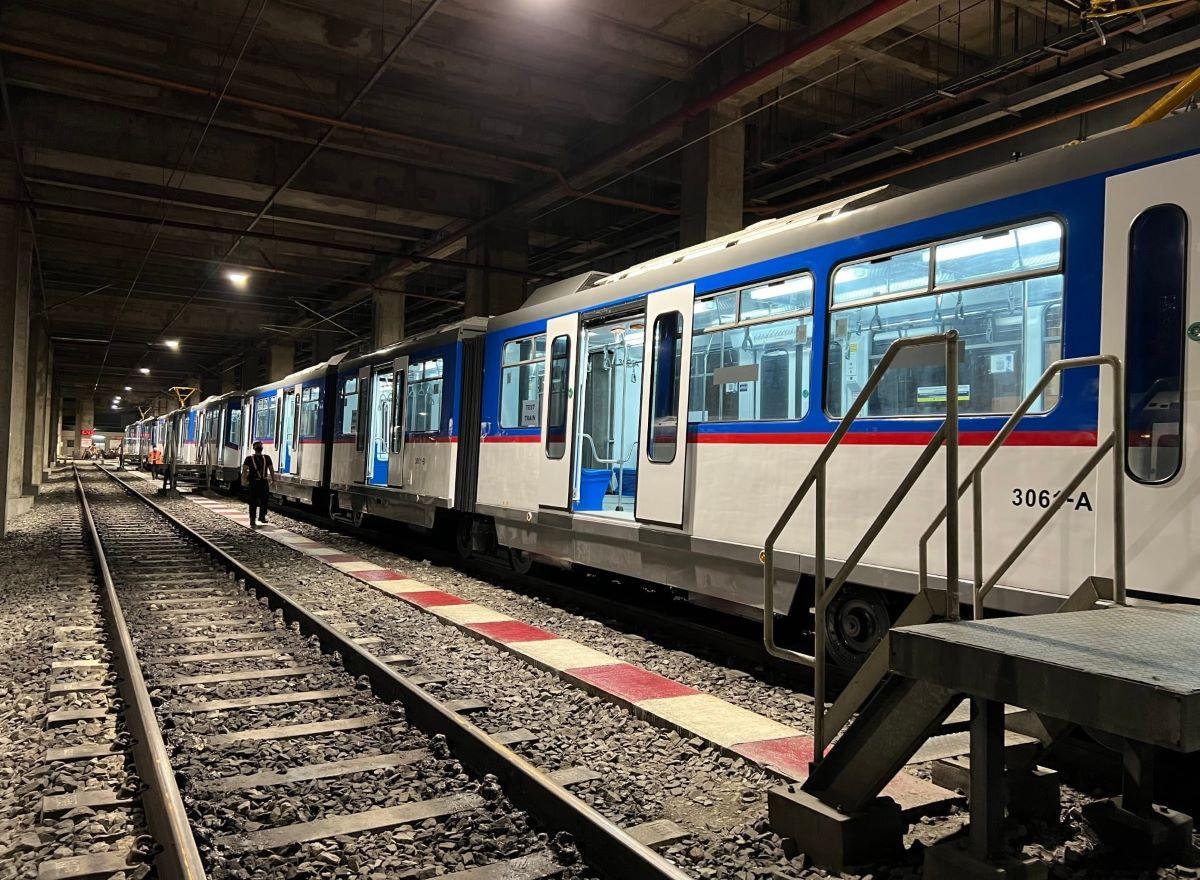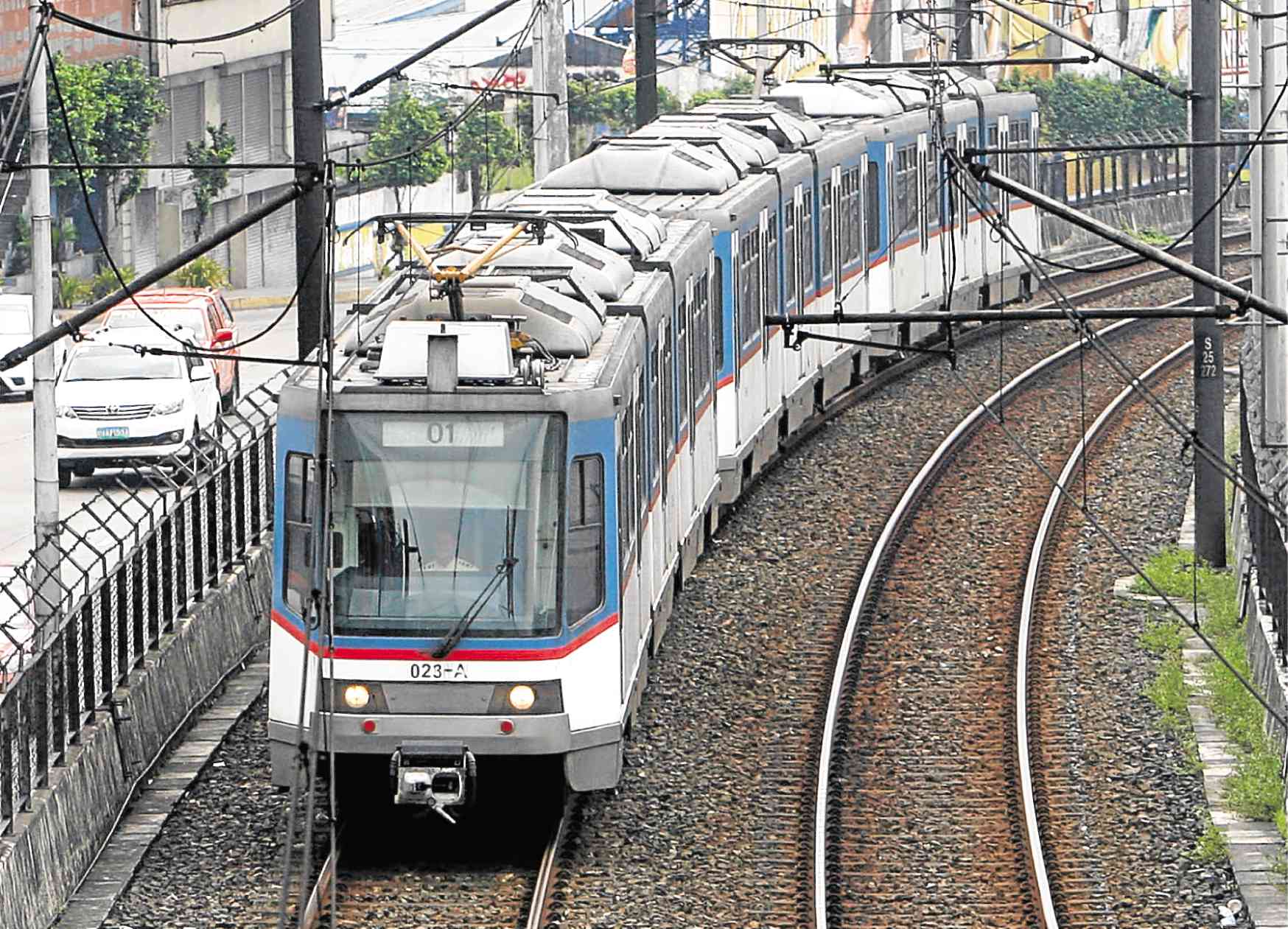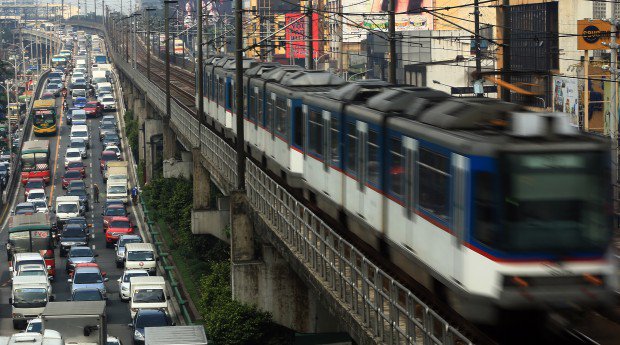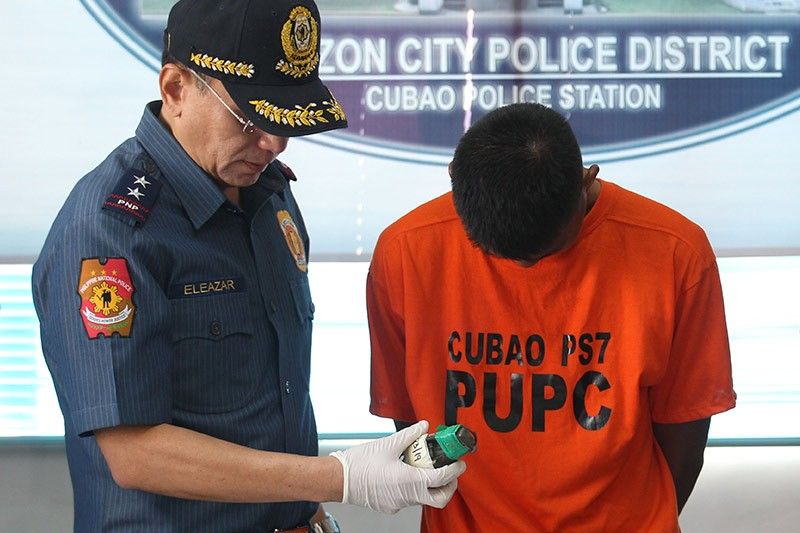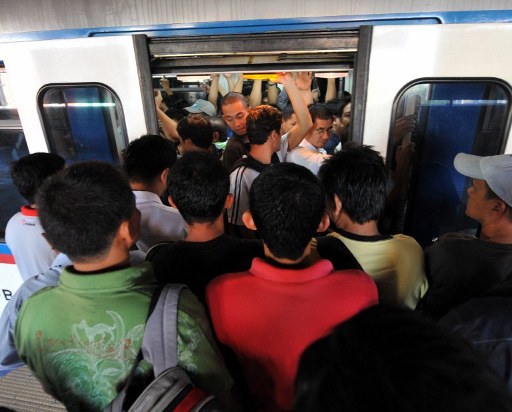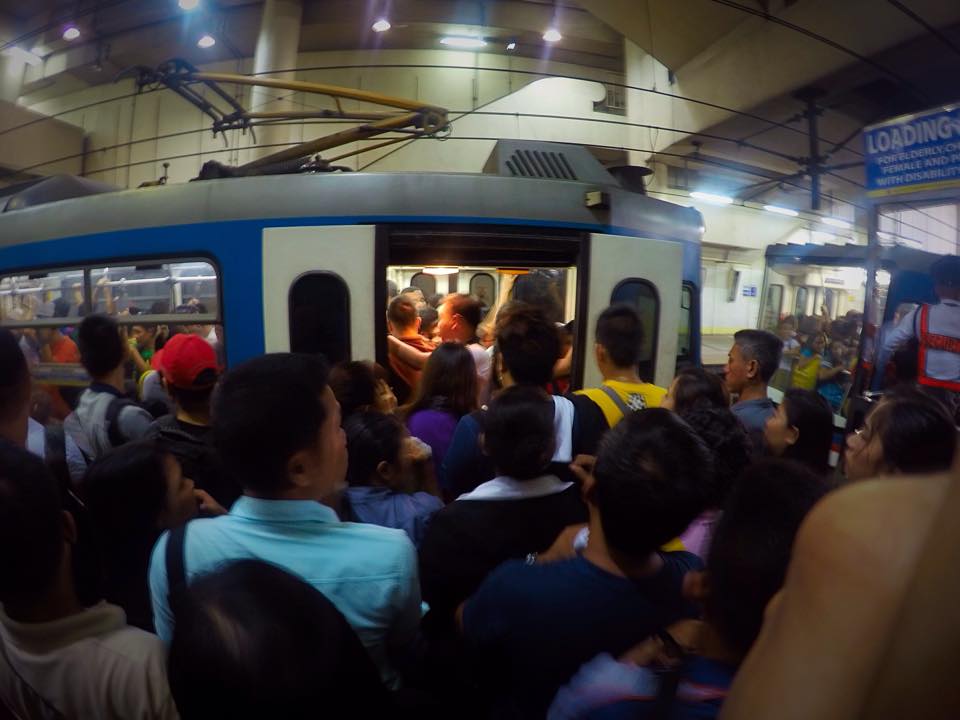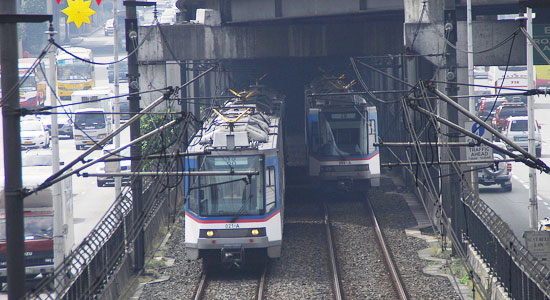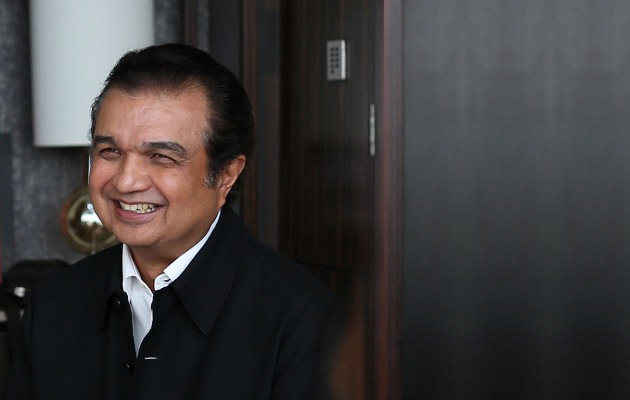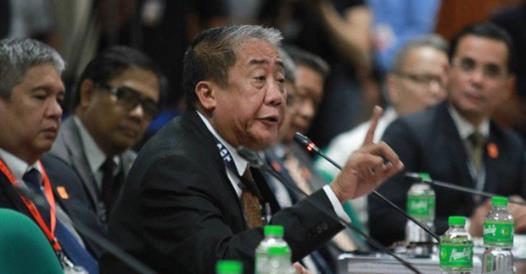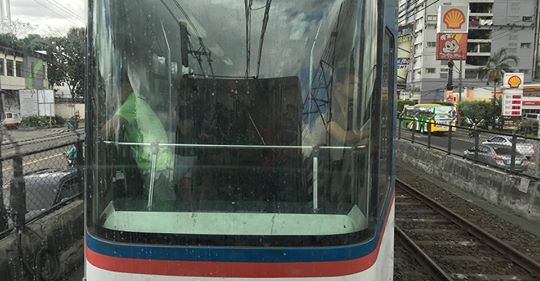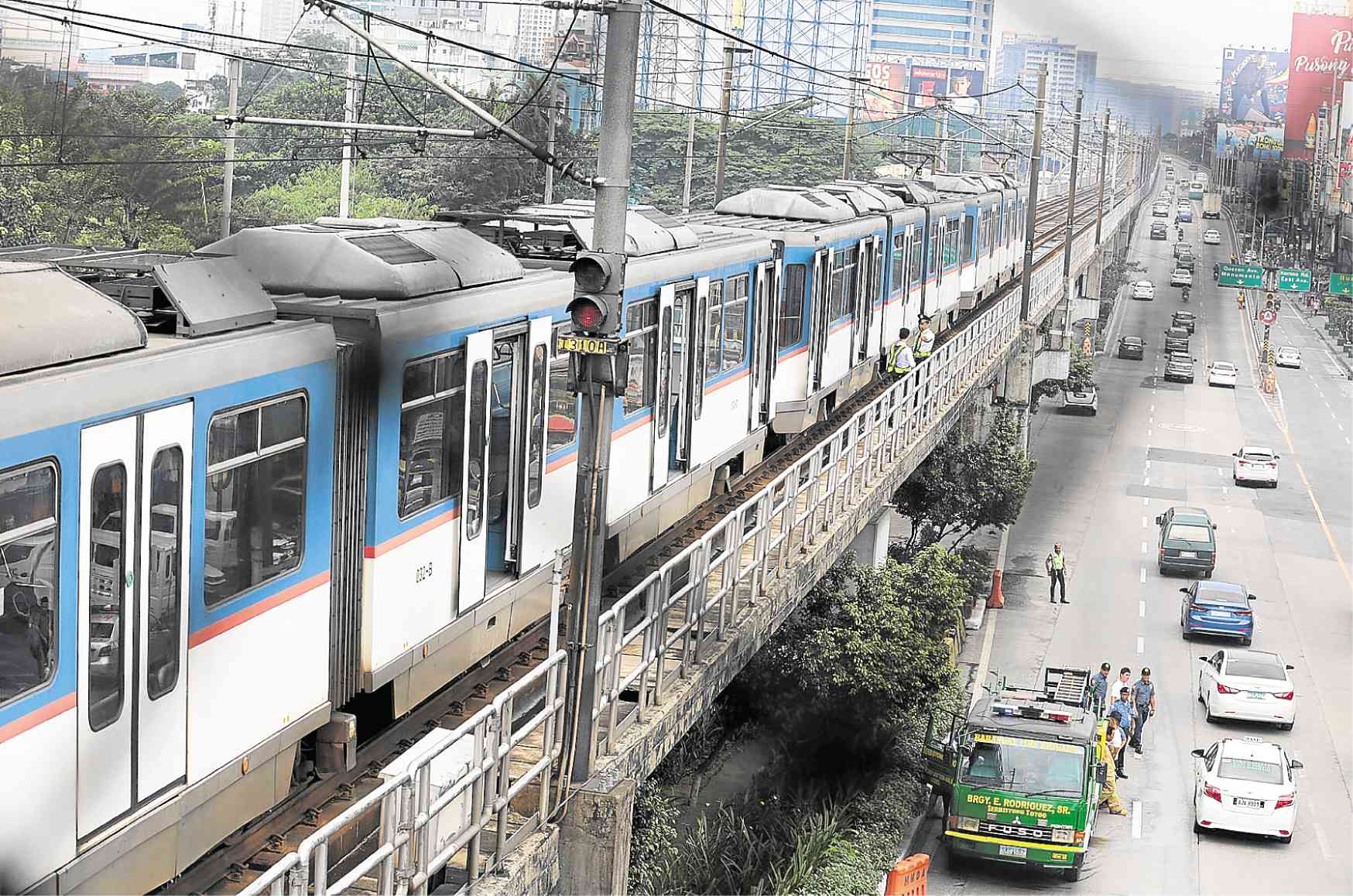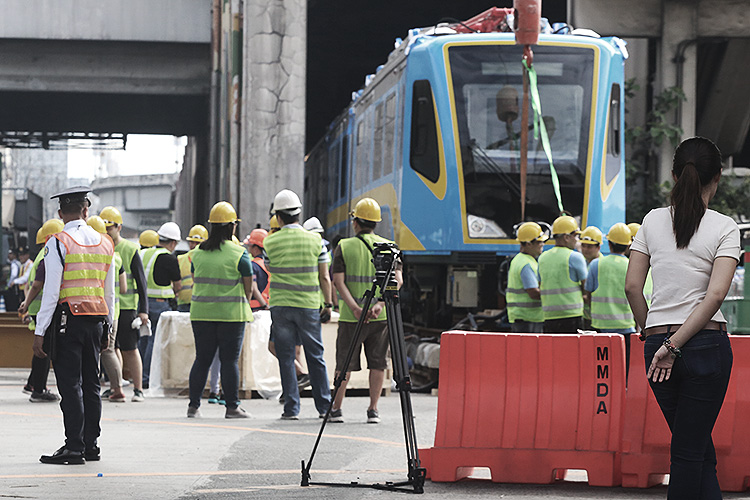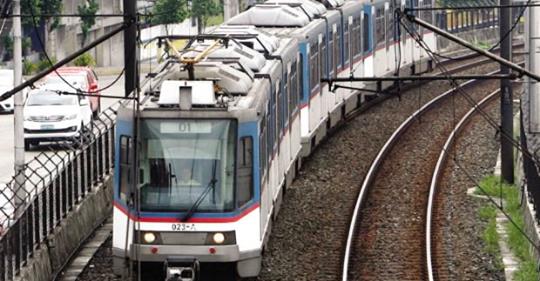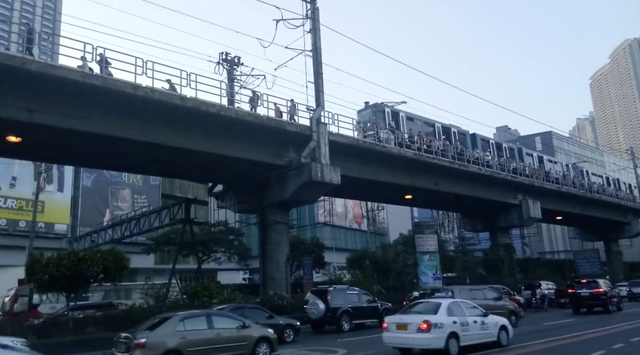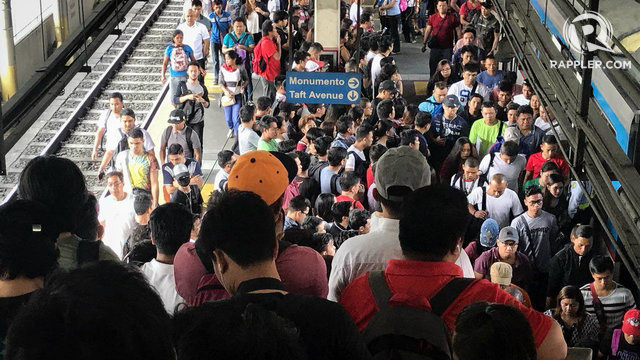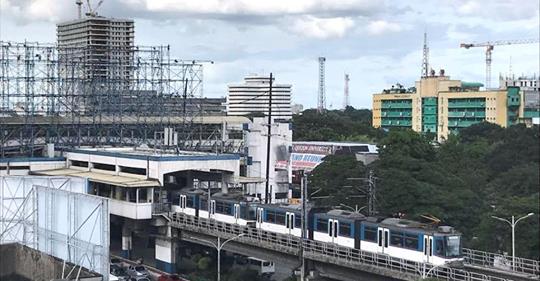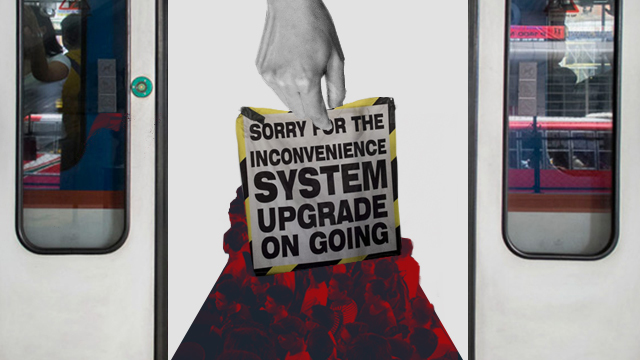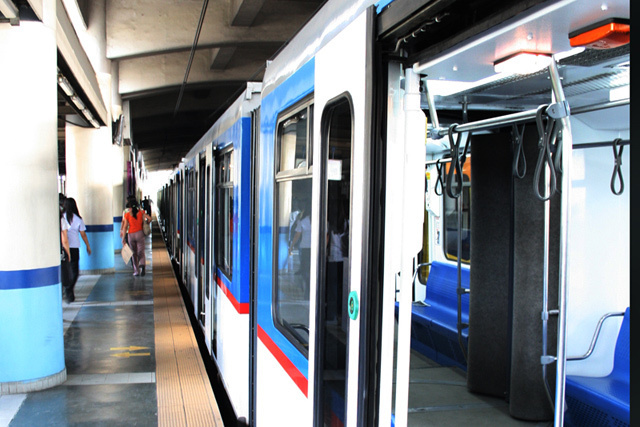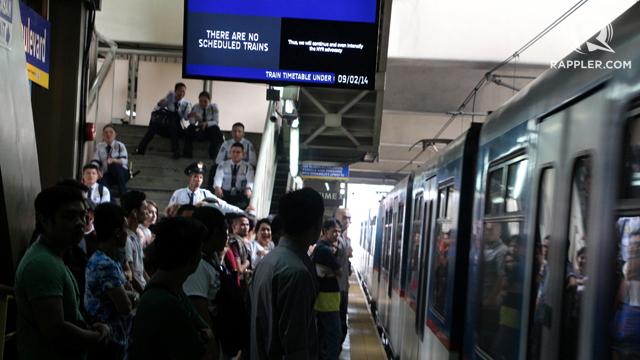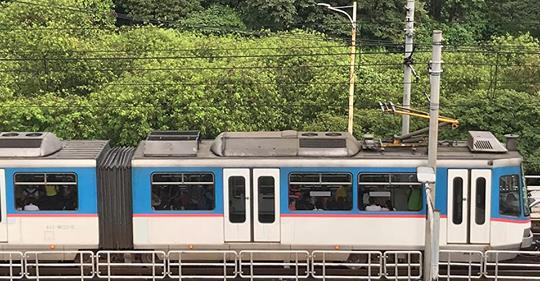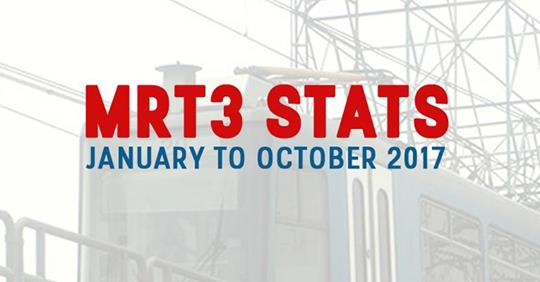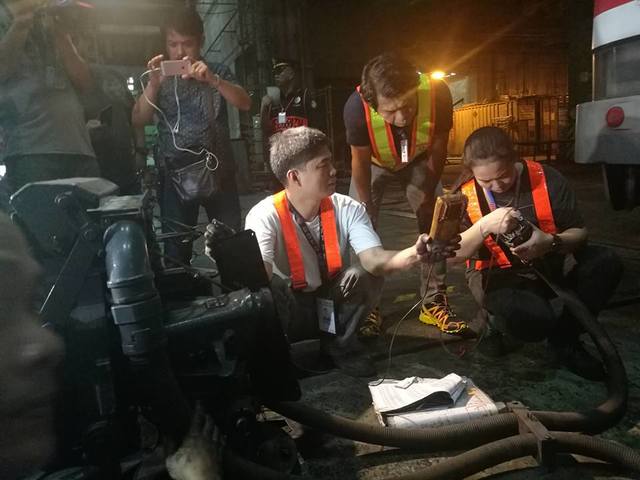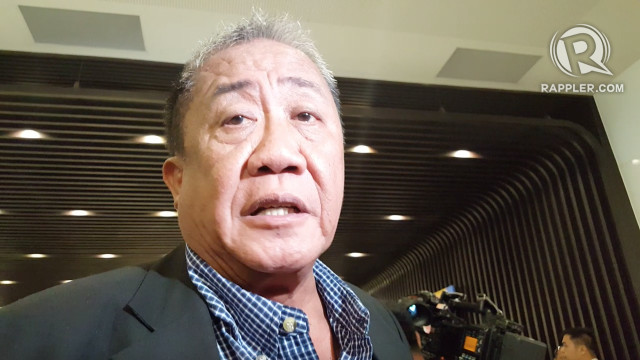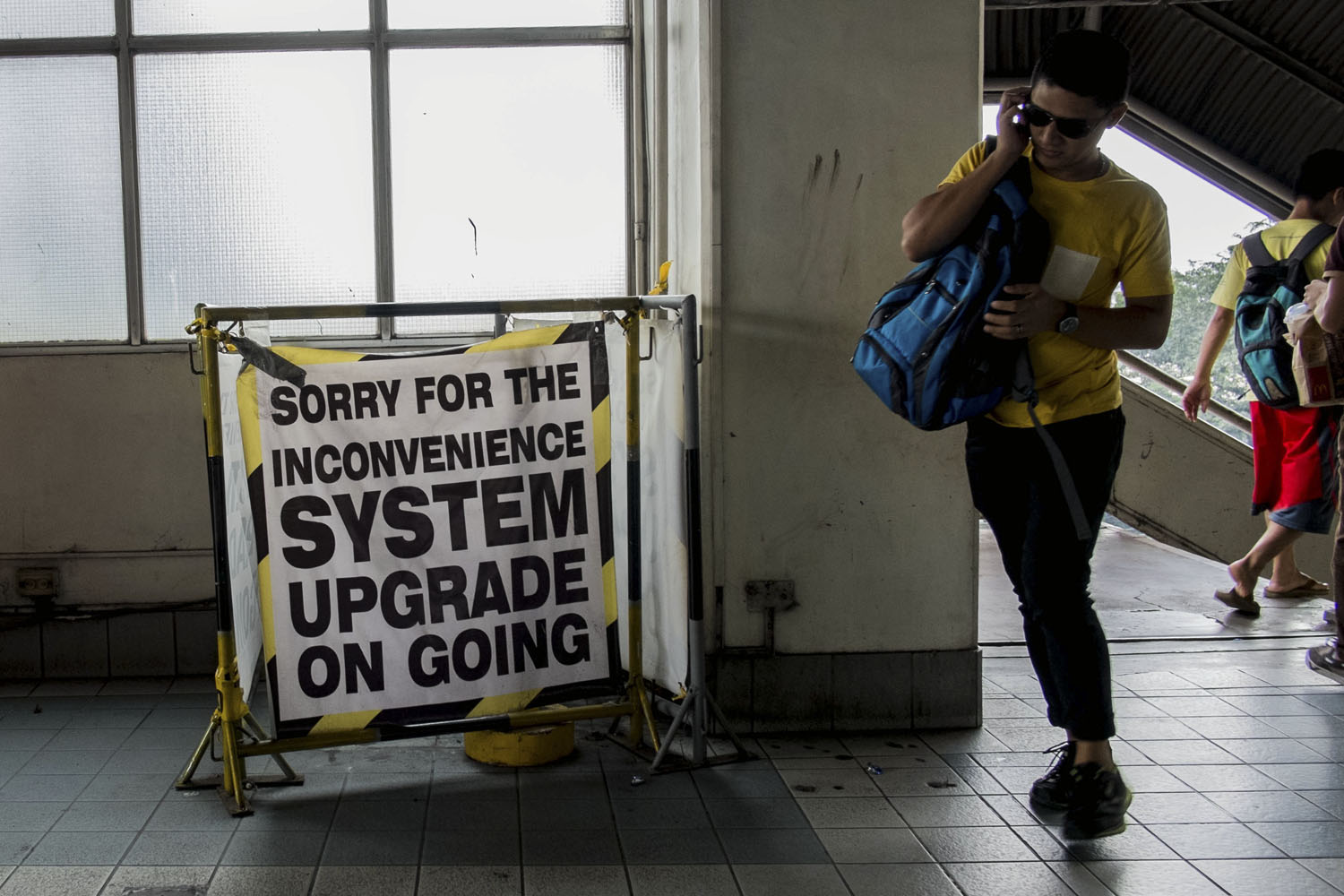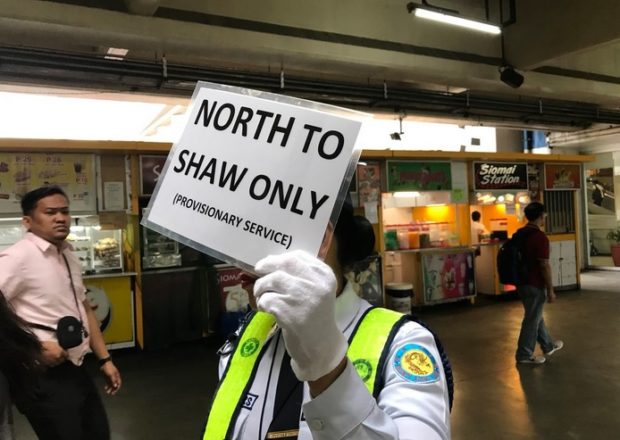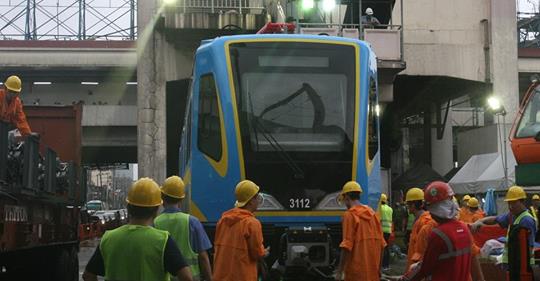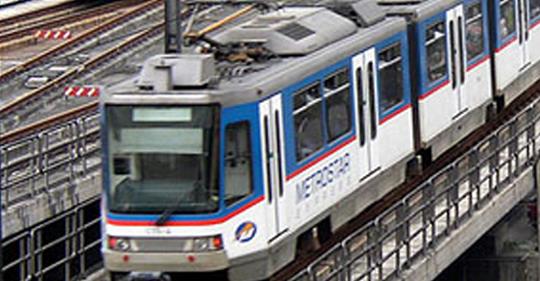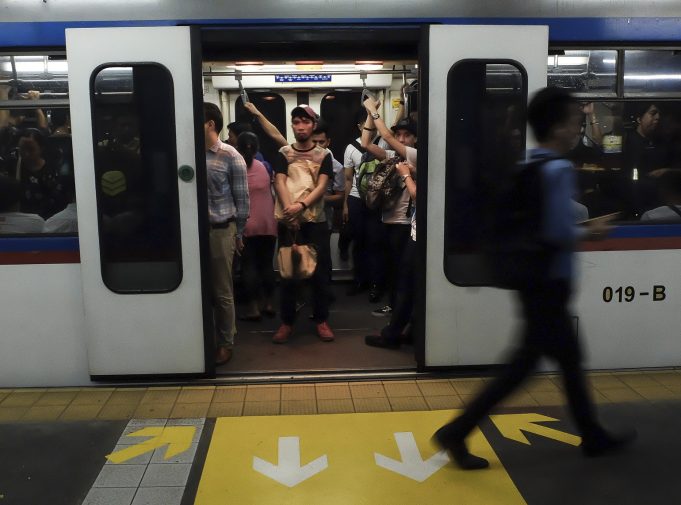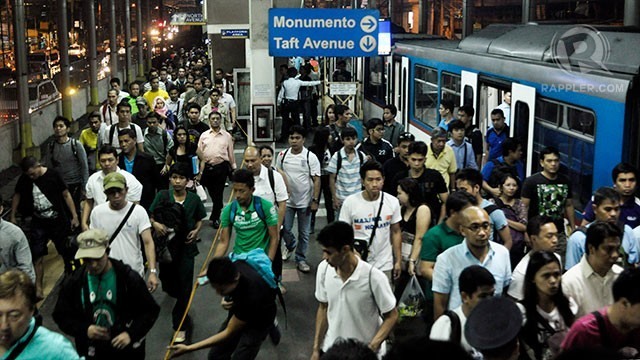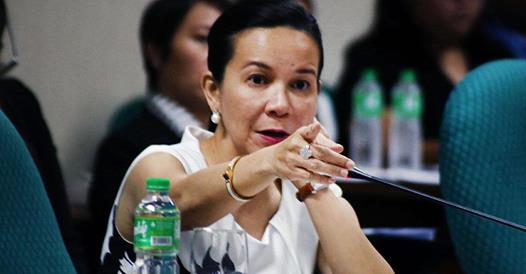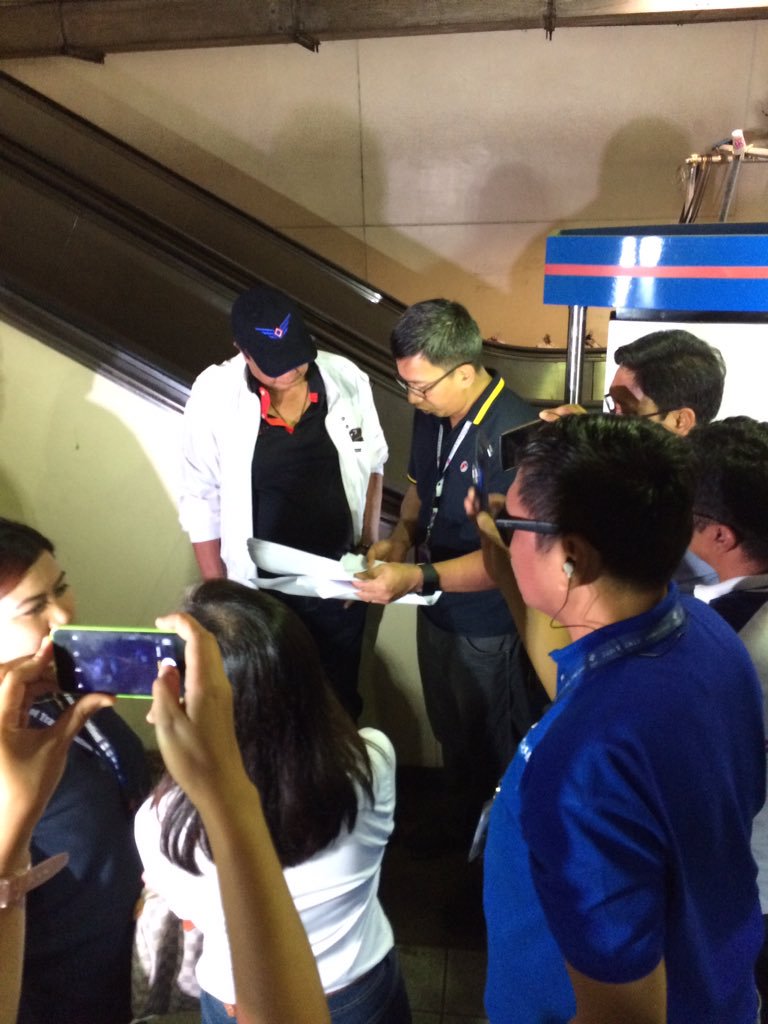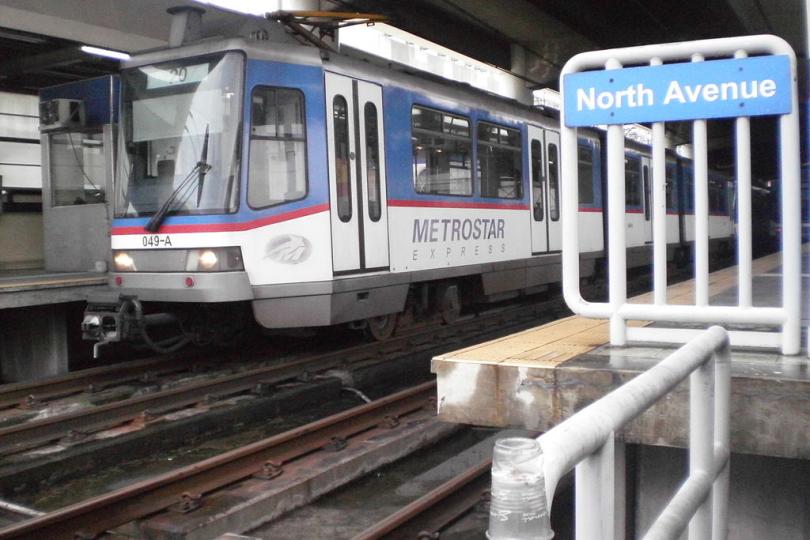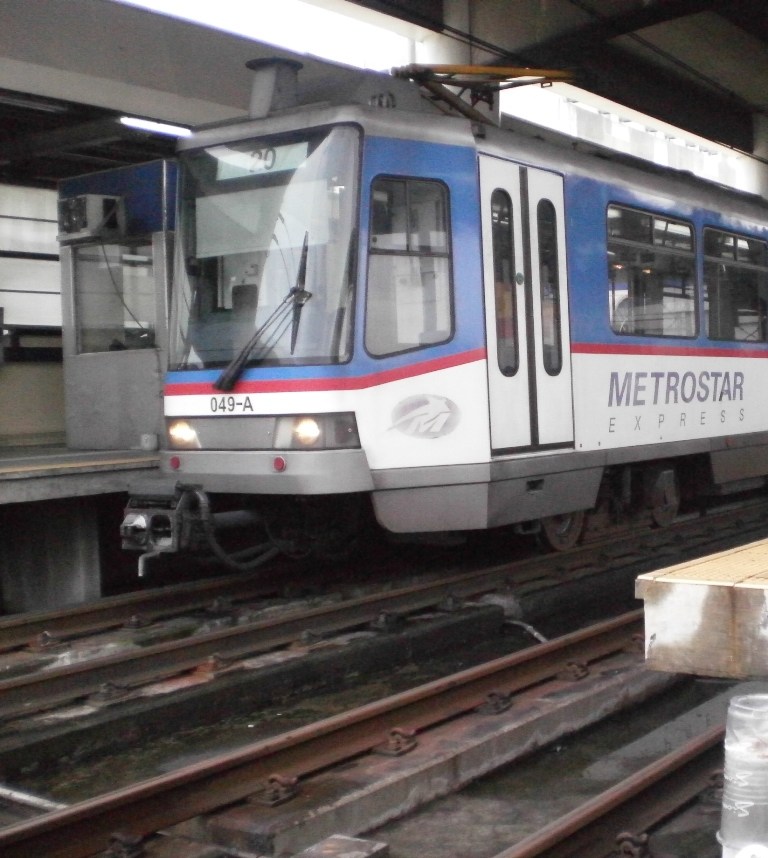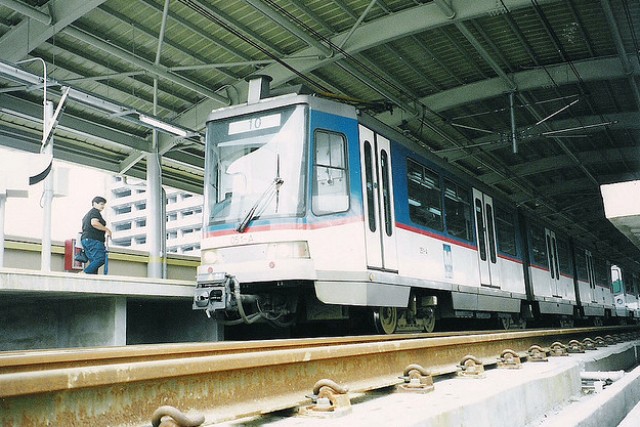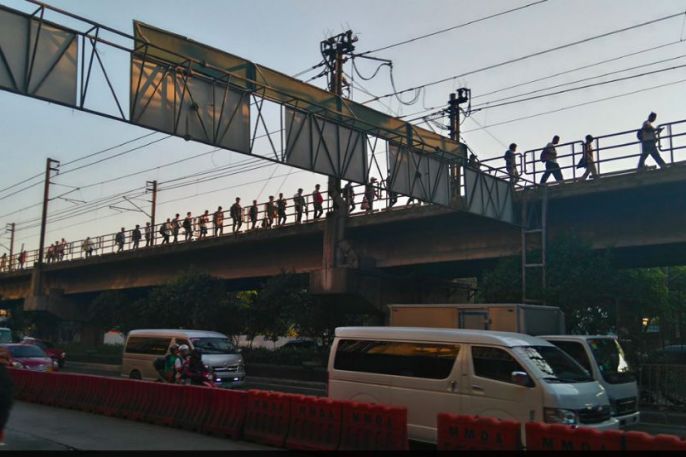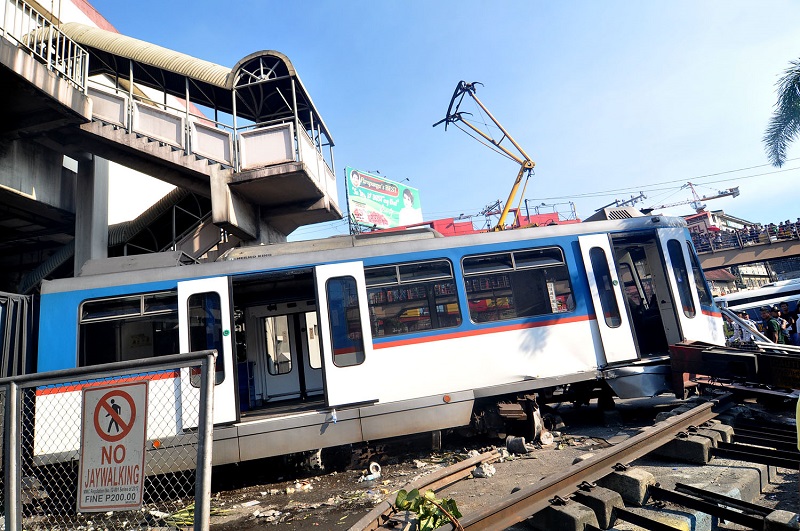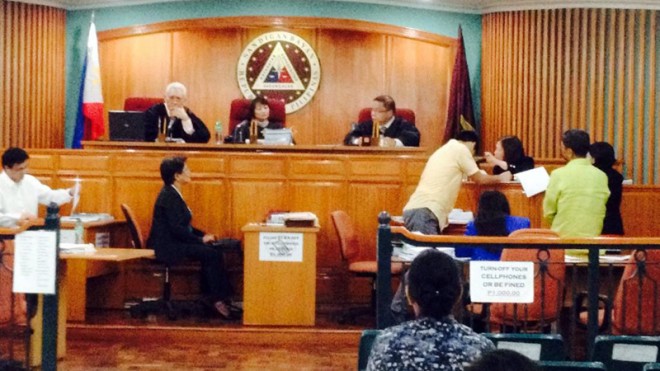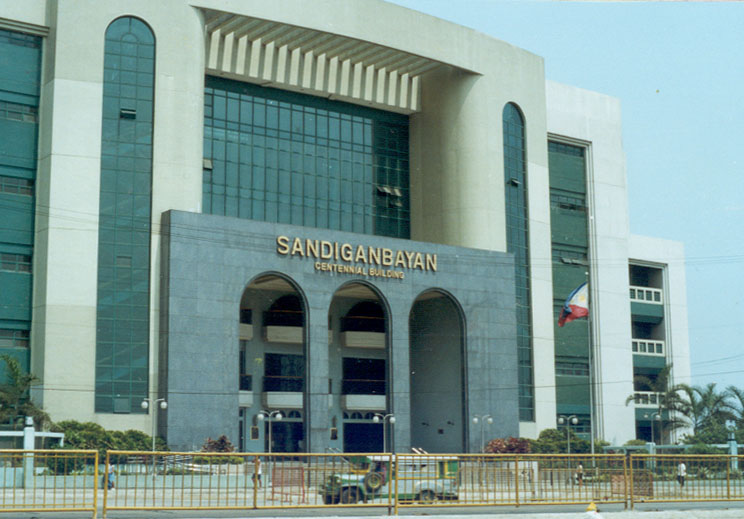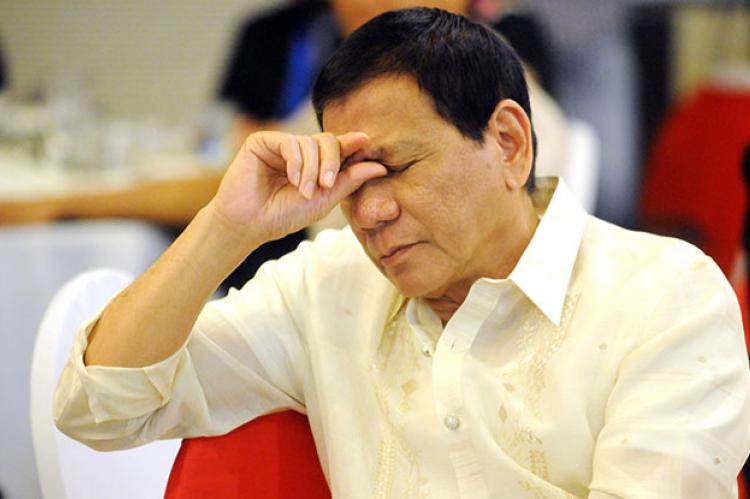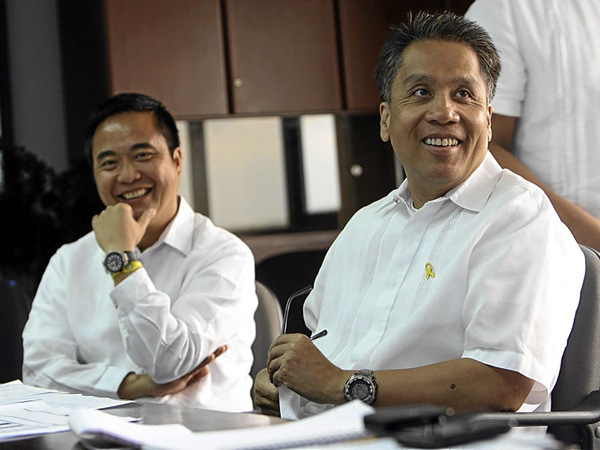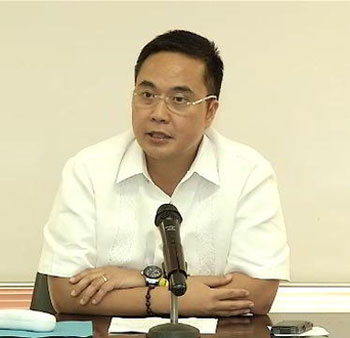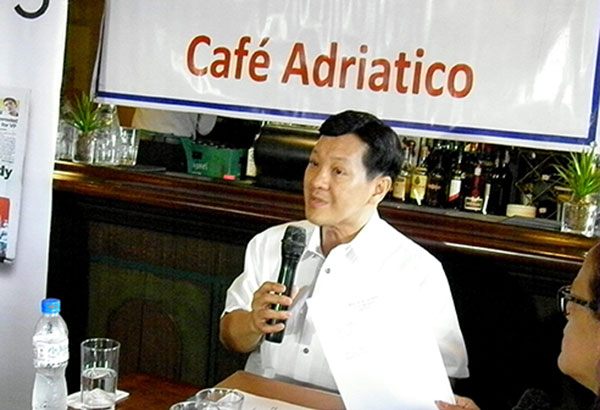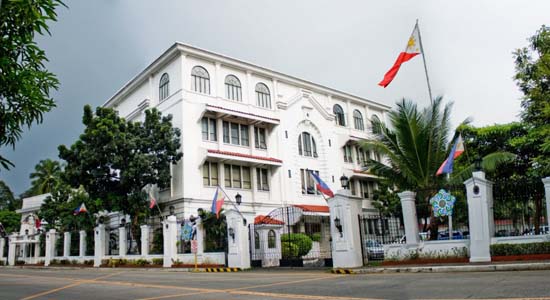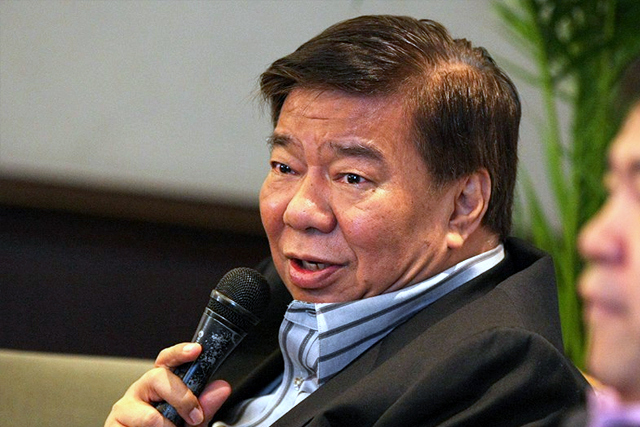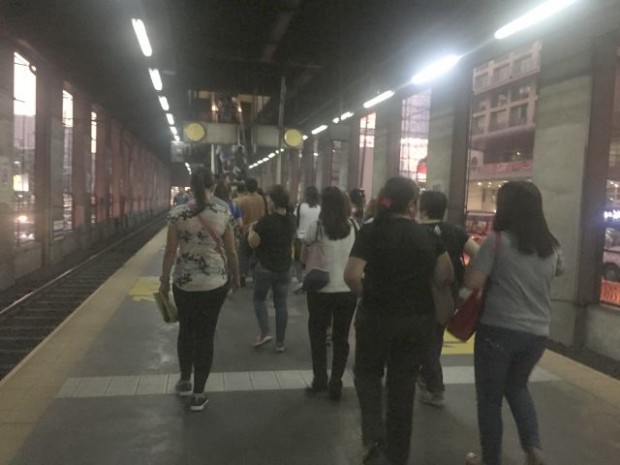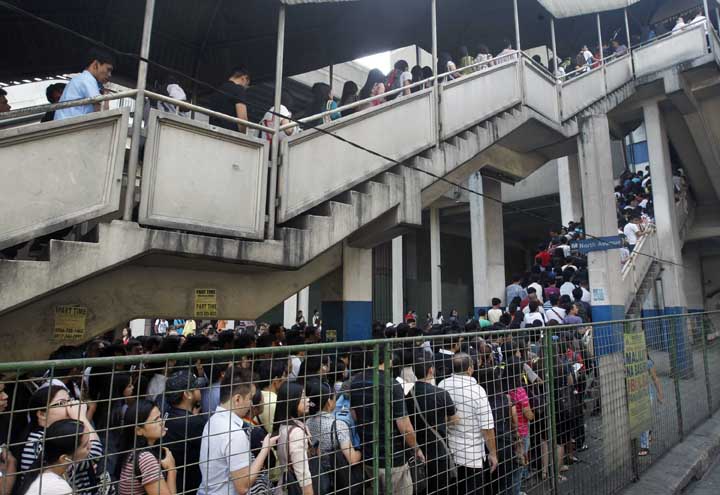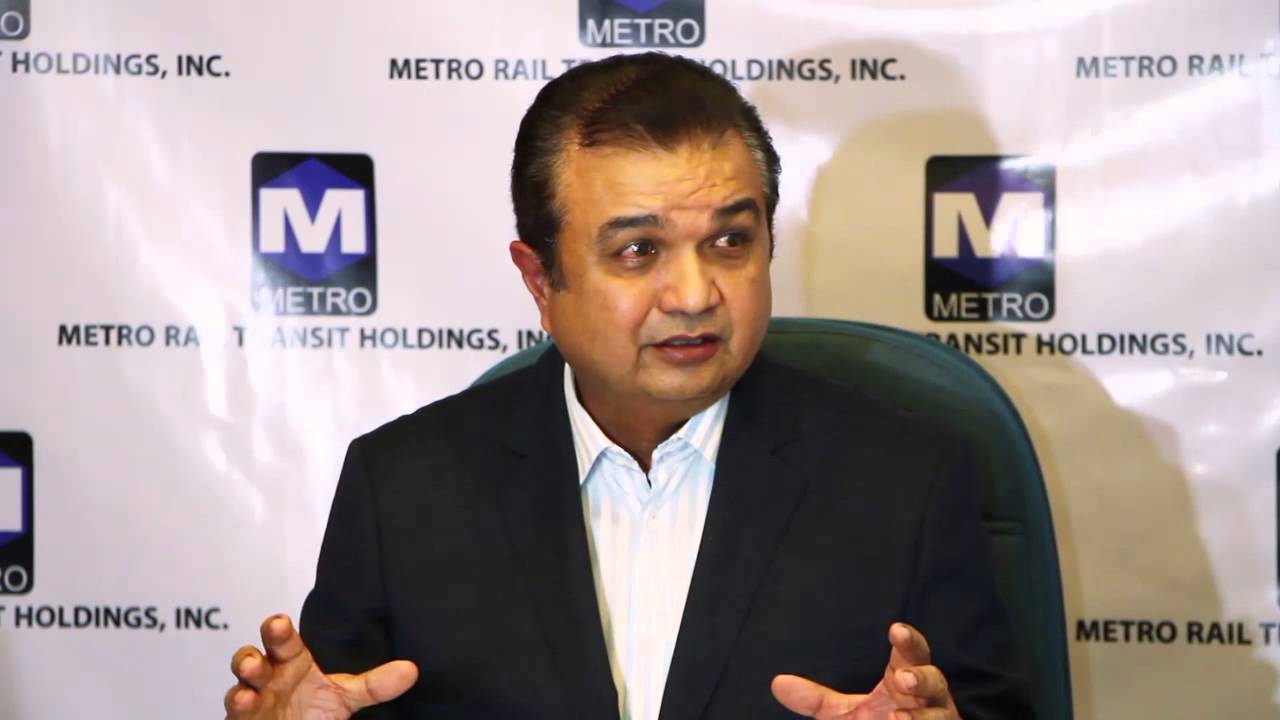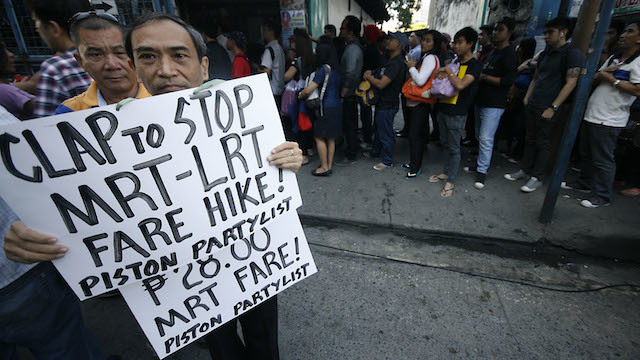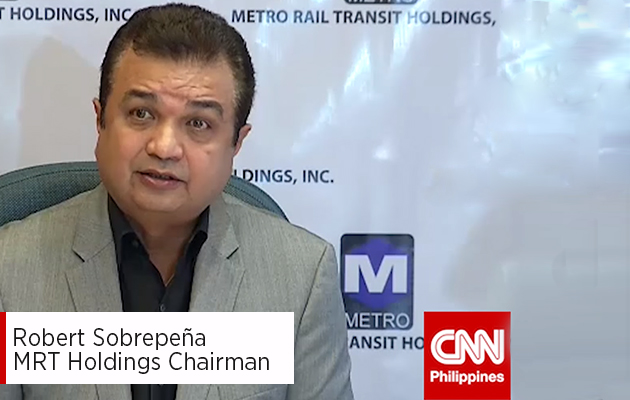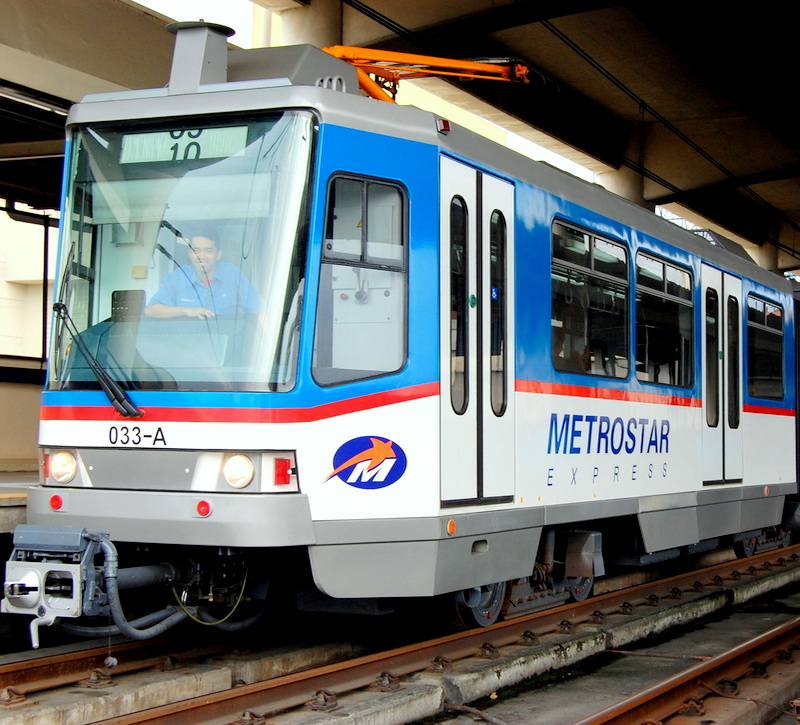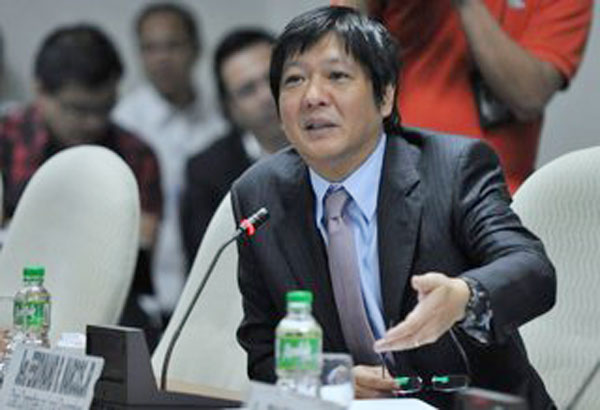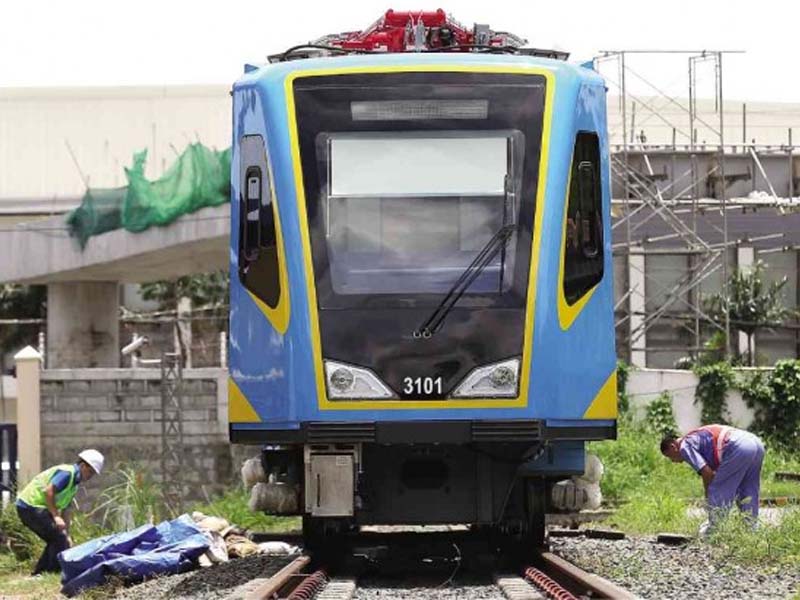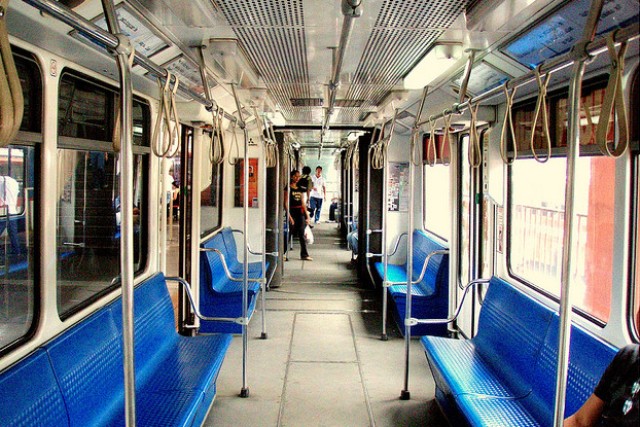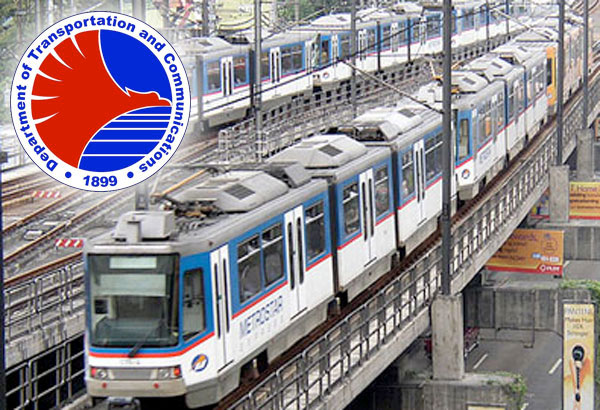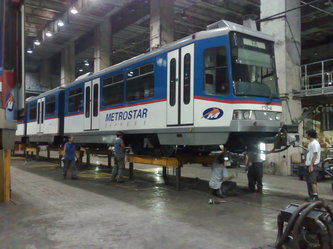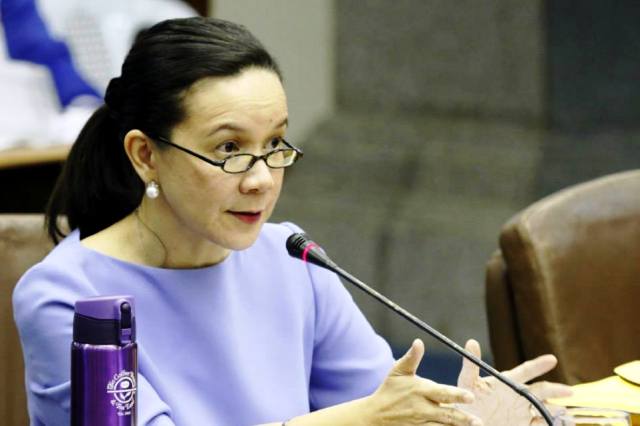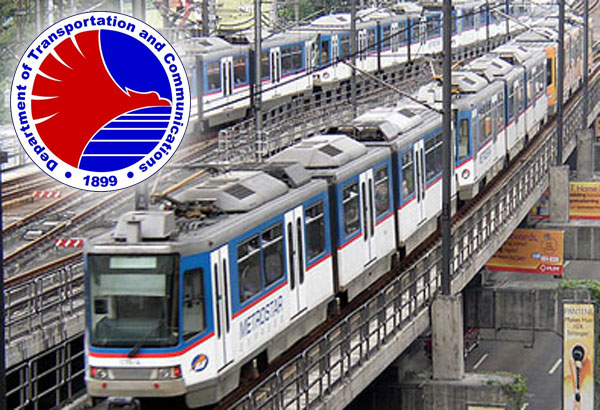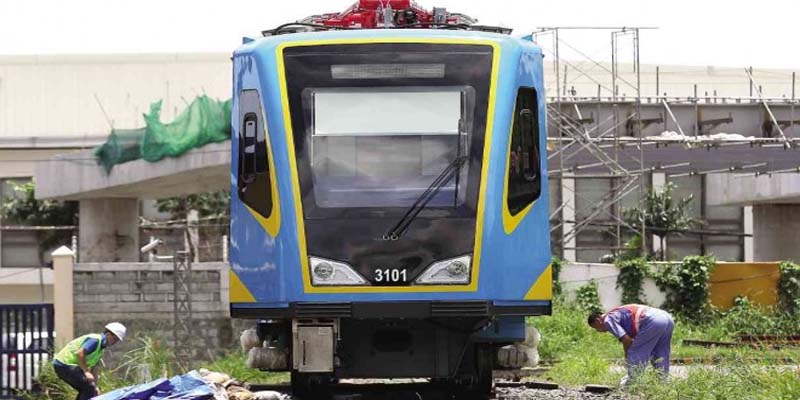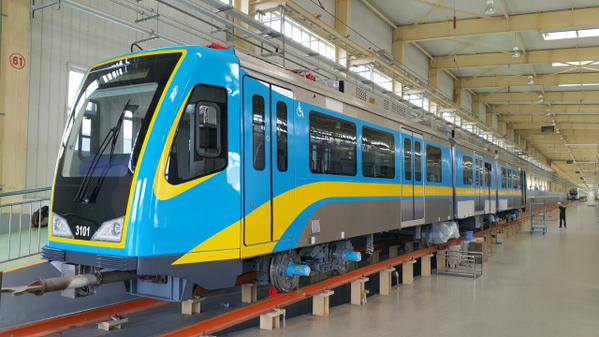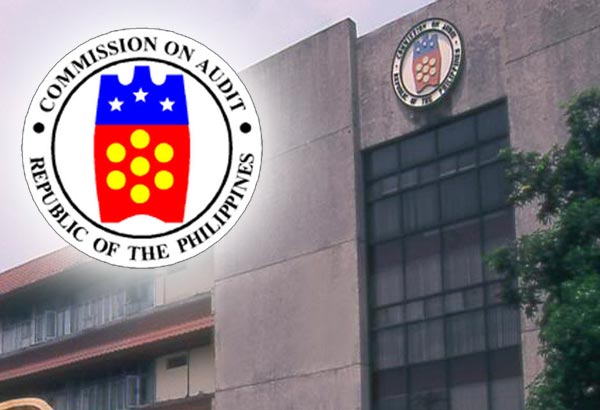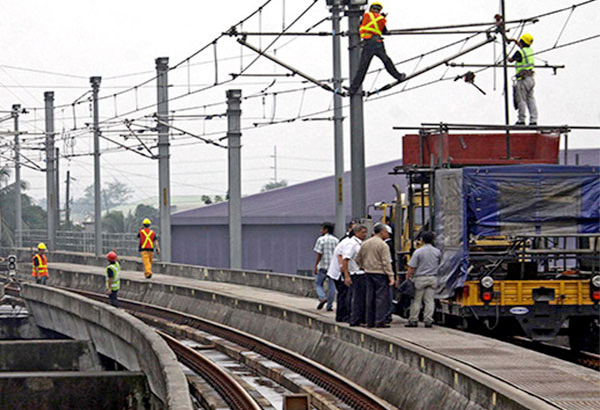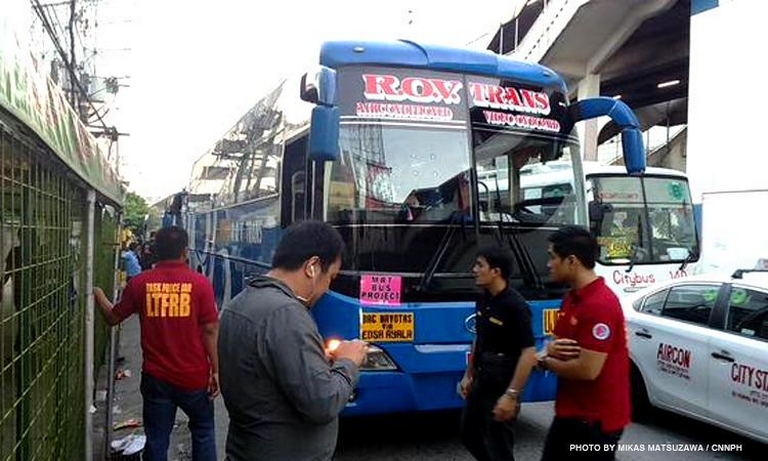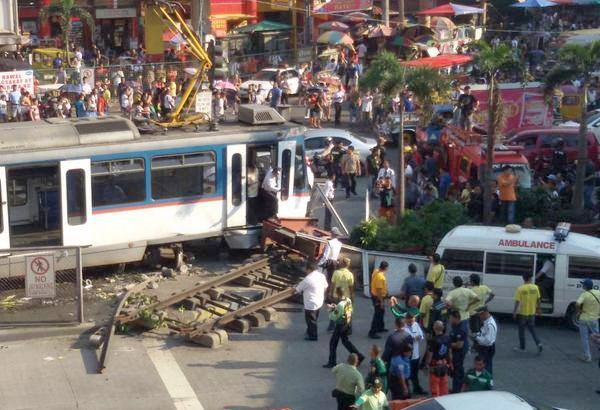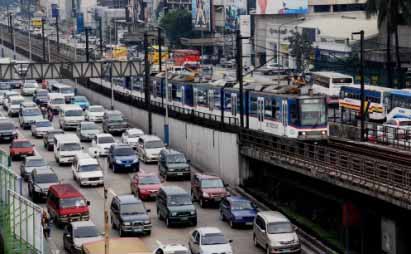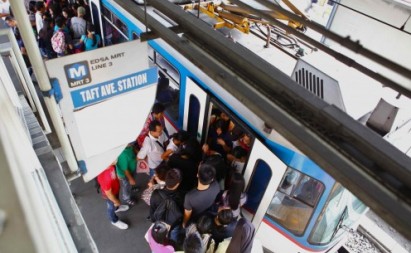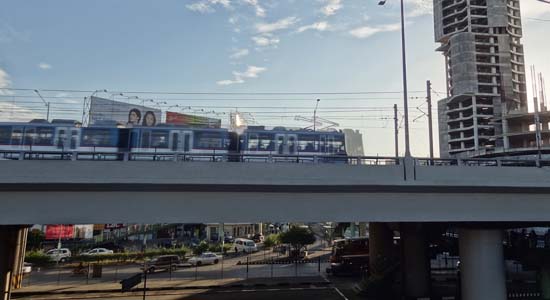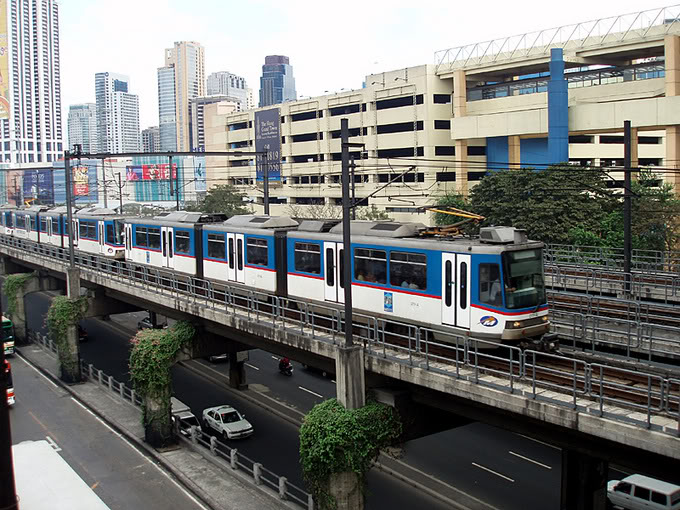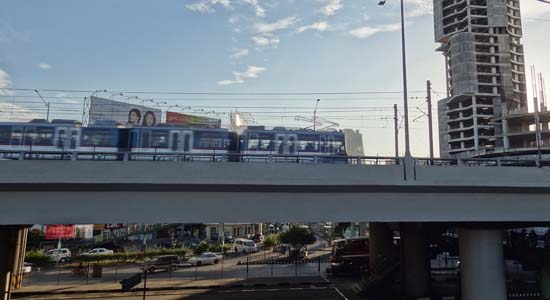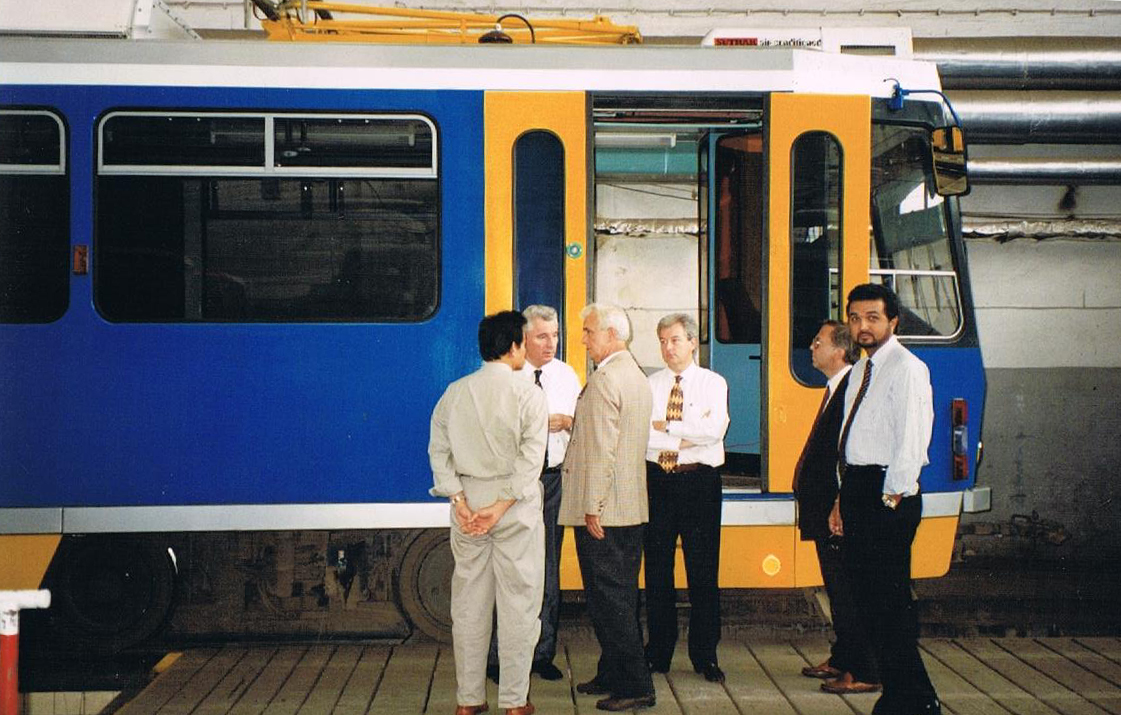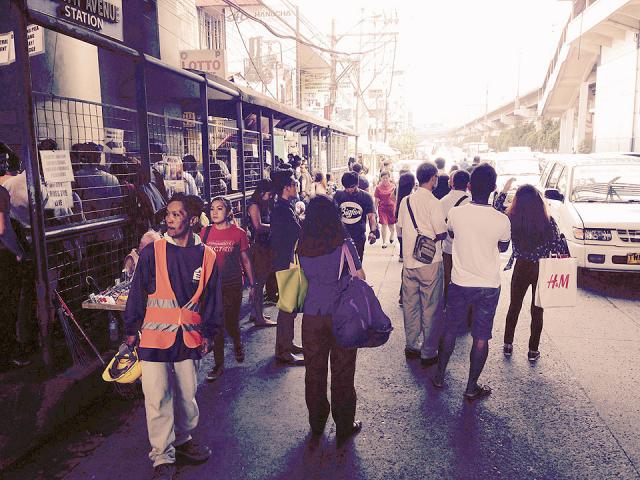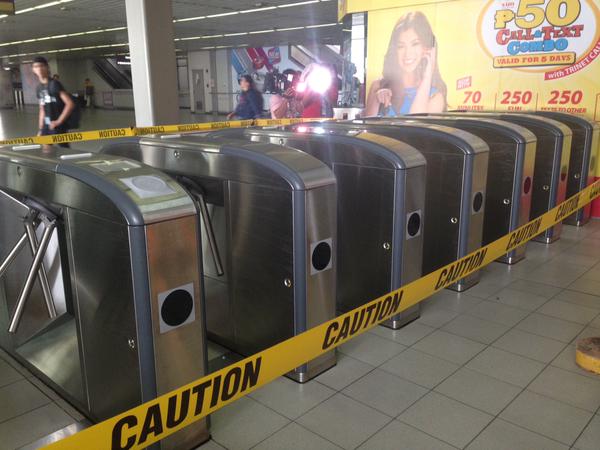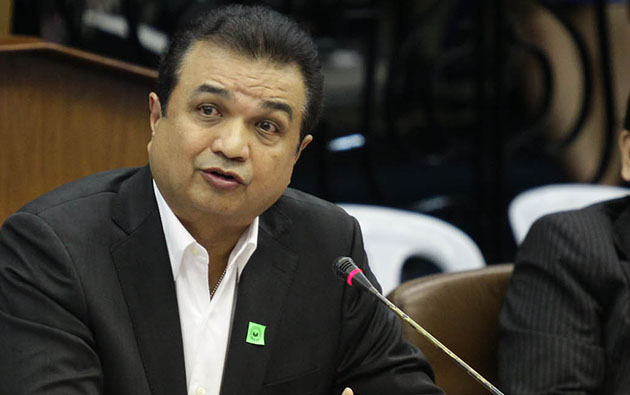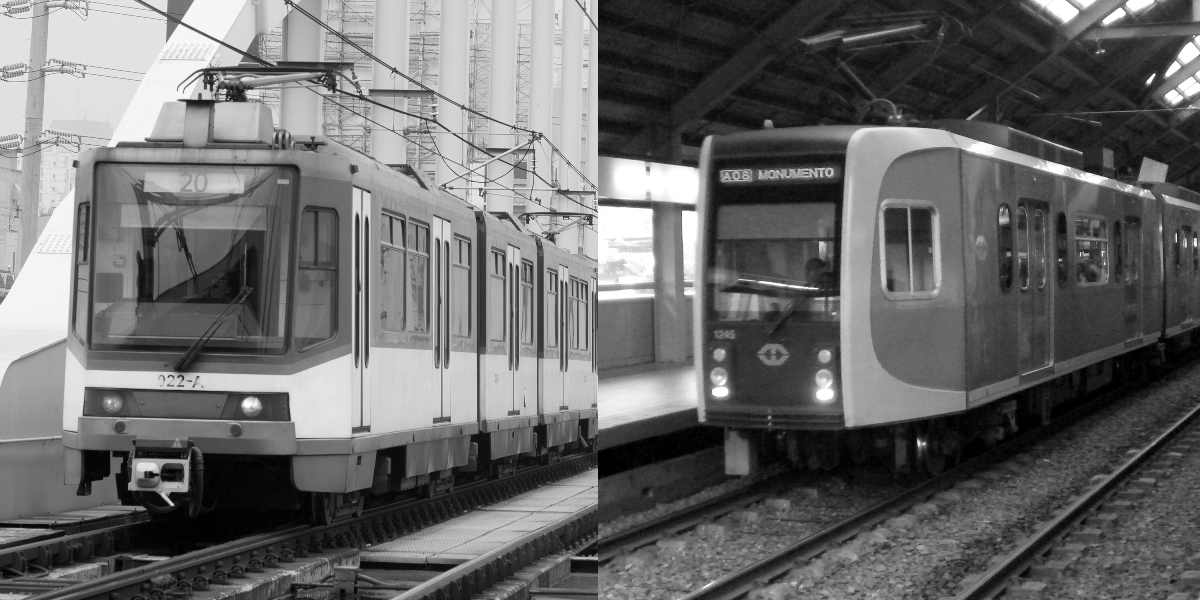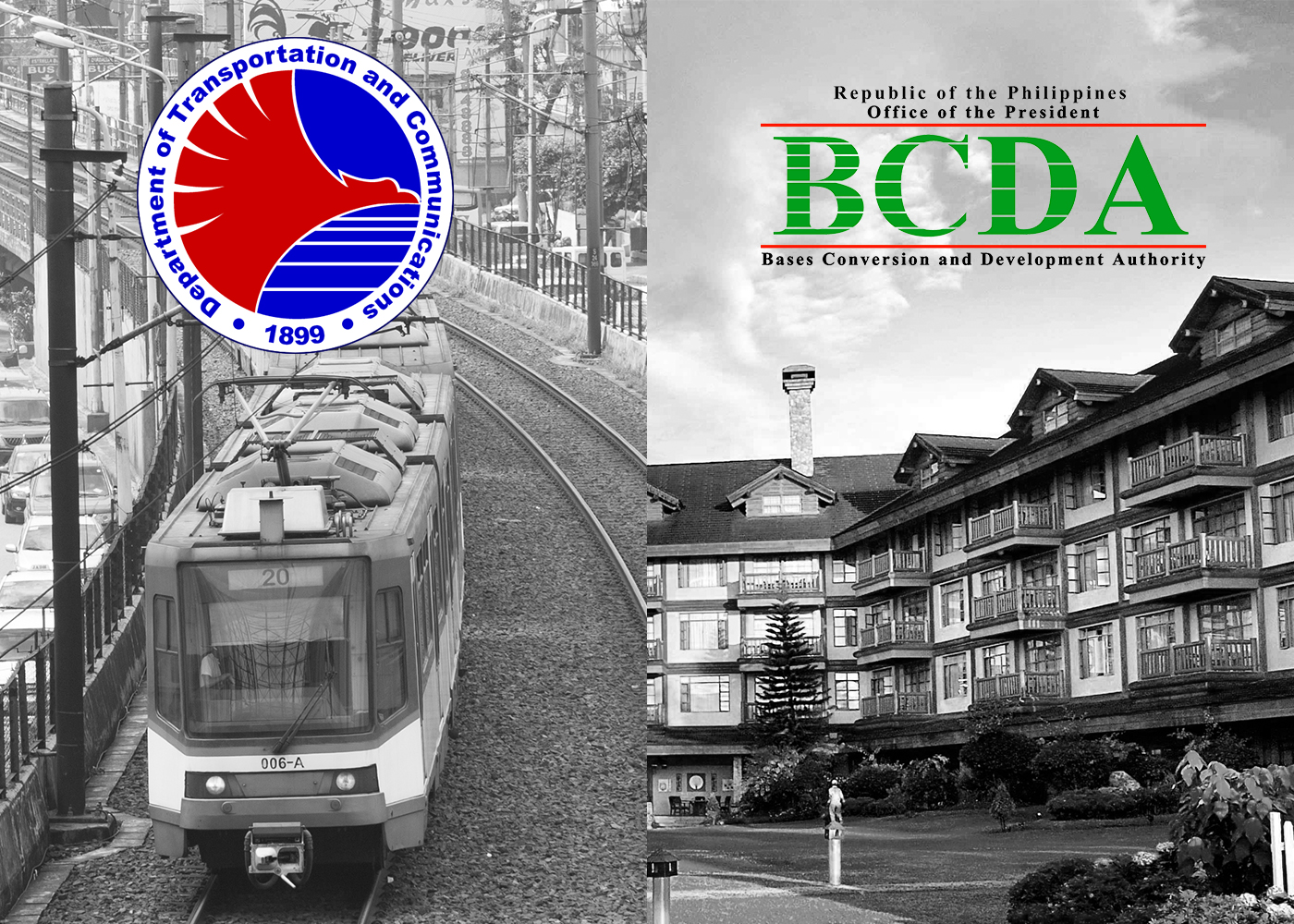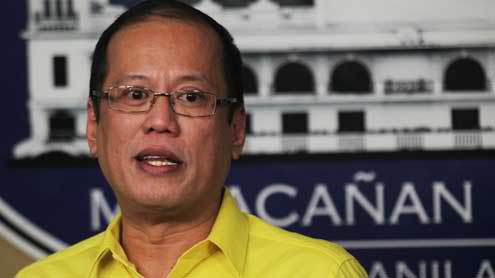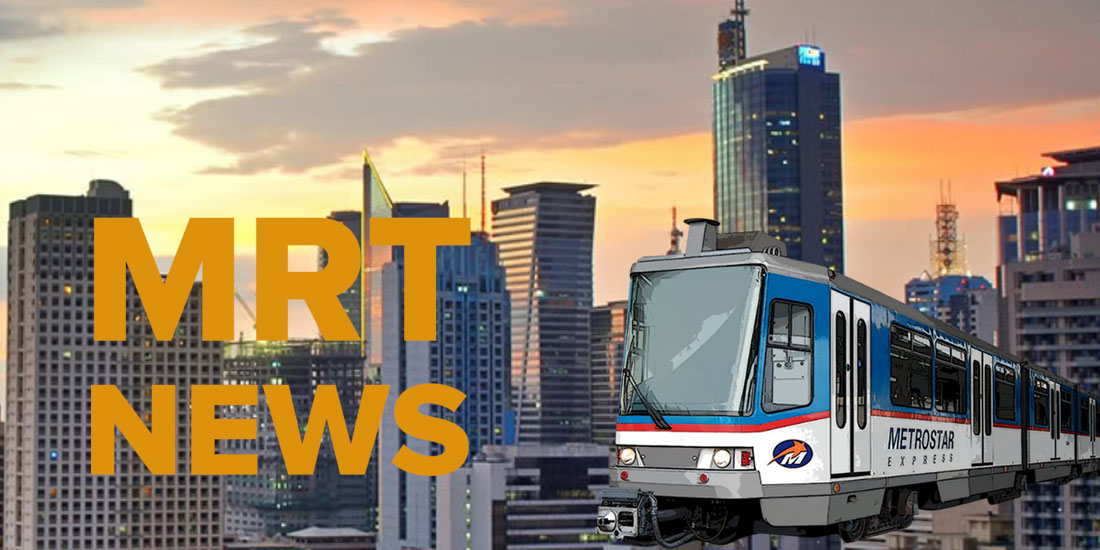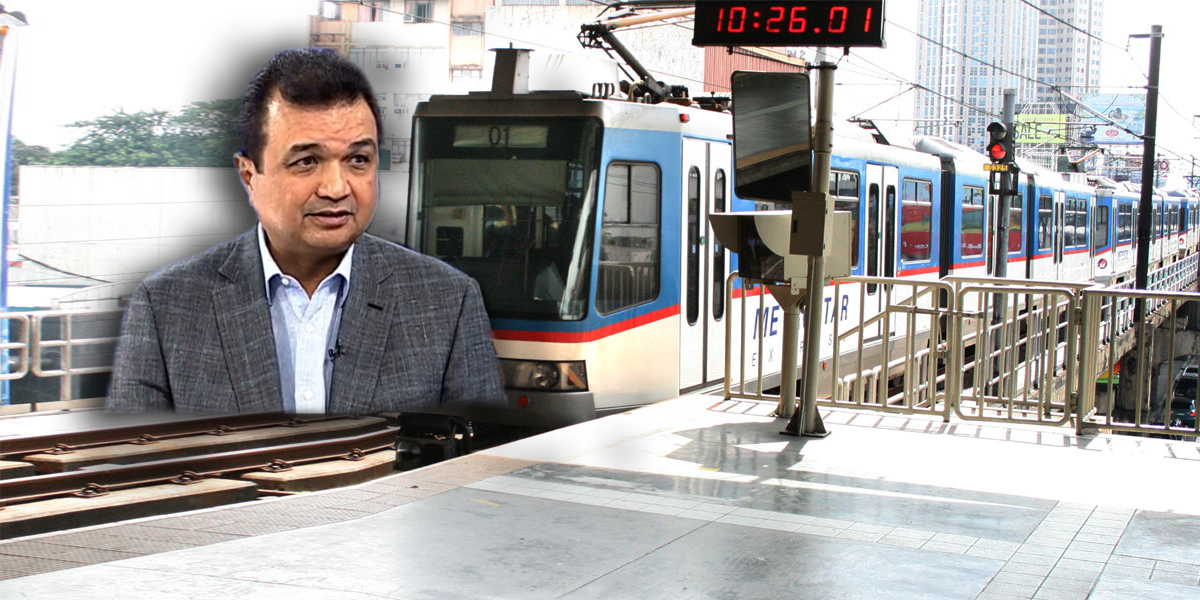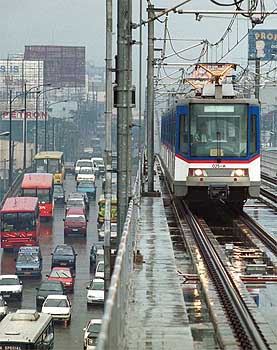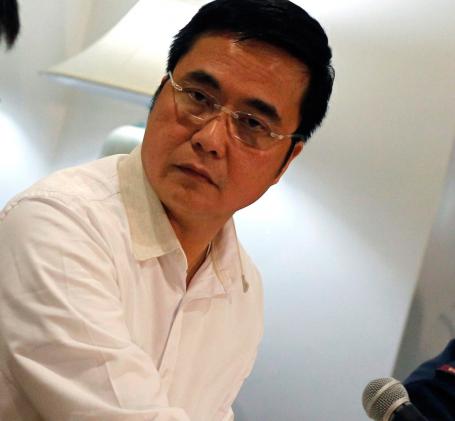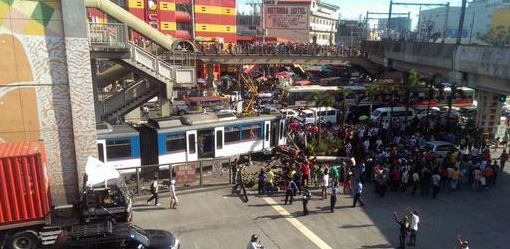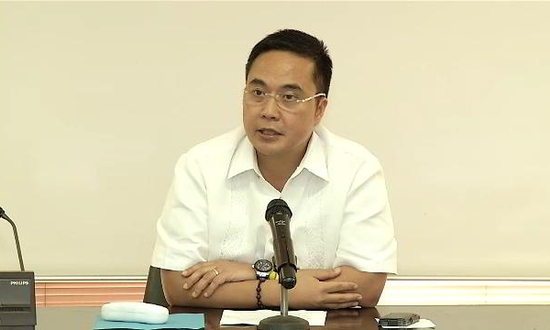By Christina Mendez | The Philippine Star | August 9, 2015
(Conclusion)
MANILA, Philippines - Hounded by periodic breakdowns, long queues at ticket booths and jampacked trains, Congress allocated P1.2 billion in 2014 and P2.44 billion in 2015 for the Metro Rail Transit 3 (MRT3)’s capacity expansion and rehabilitation projects, which are allegedly still not being done.
In a letter to the Senate committee on public service chaired by Sen. Grace Poe, Department of Transportation and Communications (DOTC) Undersecretary for Legal Affairs Jose Perpetuo Lotilla said P50 million has been funded through the supplemental budget for phase two of the upgrade of the conveyance facilities.
P55 million was also earmarked for the multi-purpose road-rail vehicle, while P202.163 million was allotted for the procurement of the rail grinding machine.
Lotilla also said there is P900 million allocated for the total replacement of the signaling system (MAN 900 CTC) in 2014, while P81.527 million was allocated under the GAA of 2015. This is ready for procurement but the terms of reference are still being finalized.
In the same letter, Lotilla also said that P2.44 billion was funded under the General Appropriations Act (GAA) of 2015 under the MRT3 capacity expansion and rehabilitation projects.
Other projects funded for 2015 are rail replacement worth P142.298 million; P1.013 billion for the general overhaul of the light rail vehicles (LRVs); P124.5 million for traction motors; P870 million for upgrade of the ancilliary systems; P65.523 million for upgrade of radio communications; P92.6 million for upgrade of conveyance facilities (Phase 3); and P50 million for consulting services.
Lotilla also reported that the MRT is undertaking the procurement of a maintenance contract for each discipline for a period of six months through the alternative method of procurement using negotiated procurement through emergency cases.
A check with the DOTC website showed that the transportation department has awarded six-month maintenance contracts for some components of the MRT namely, Rolling Stocks, Depot Equipment and Signaling; Rail Tracks and Permanent Ways; Buildings and Facilities; Communication Systems; Ticketing Systems; Power Supply and Overhead Catenary Systems
But Stephen Deacon, a signaling and communications consultant hired by the DOTC, expressed disappointment that the capacity expansion and rehabilitation projects are still not being implemented by the agency.
“They have not done it. The upgrade has not even happened yet,” Deacon said in reaction to DOTC’s request for funding specifically for the signaling system under the 2014 budget.
“That would buy you hardware, but it is not working. They buy you the hardware but no plug-in,” he added. “That money is not being spent. I guarantee that now. It’s not being done. No way.”
Unpaid consultancy fees
The DOTC hired Deacon last March for his technical expertise as a signaling and communications expert. His scope of work included the review of the current signaling system and prepare a recommendation for the system upgrade for the MRT.
He was also tasked to prepare technical specifications for the upgrade of the signaling system project, prepare the project cost and duration for the upgrade of the signaling system project, and assist the DOTC in the pre-bidding of the project.
Deacon said the DOTC still owes him $21,000 for the services he rendered in March alone, as well as $3,680 in performance bond.
Deacon said DOTC officials assured him that he would be paid and reimbursed accordingly for the days he came to the Philippines prior to the signing of the contract on March 21.
Deacon recounted that he was requested to attend a meeting on March 16 with DOTC Secretary Joseph Emilio Abaya, who was among the signatories of the contract he signed as DOTC’s technical consultant.
In the Notice of Award dated March 2, the DOTC engaged Deacon as a “highly technical consultant for signaling and communications” for the MRT Capacity Expansion Project for a total amount of P3,003,251.33 for a period of six months upon receipt of the Notice to Proceed, renewable at the option of the department.
The Notice of Award was signed by an assistant secretary who is also the officer-in-charge for Project Development and Private-Public Partnership and duly approved by Abaya as DOTC secretary. The Notice to Proceed was dated March 17 and received on March 24.
Deacon has filed a complaint before the Office of the Ombudsman against director Deo Manalo and engineer Jomar Ramos of the DOTC’s project development service.
In an email to The STAR, Ramos said he would still consult with his program director regarding the issues raised by Deacon.
“I will discuss this first with our office head and we will give you reply ASAP,” Ramos said in his email.
Ramos has still not replied as of press time.
Prior to this consultancy job at the DOTC, Deacon worked as senior interface engineer-testing for Siemens (Invensys) from June 2013 to February this year in Taiwan. He said he has been in railway signaling since 1975.
Deacon also worked as a construction manager-signals for a civil water rail project in Western Australia from July 2011 to April 2013; project manager for Novo Rail Alliance from February 2010 to February 2011; signal/test engineer for Bombardier Transportation from 2002 to 2004; chief signal engineer for Japan Transportation Consultants (JTC) from 2004 to 2006 in Indonesia; and signal engineer also for JTC in Thailand.
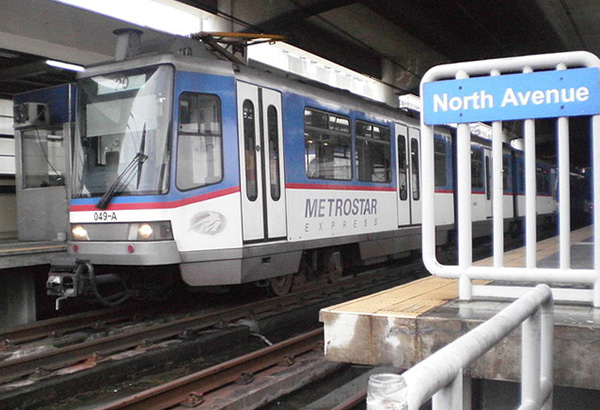
 Twitter
Twitter Facebook
Facebook